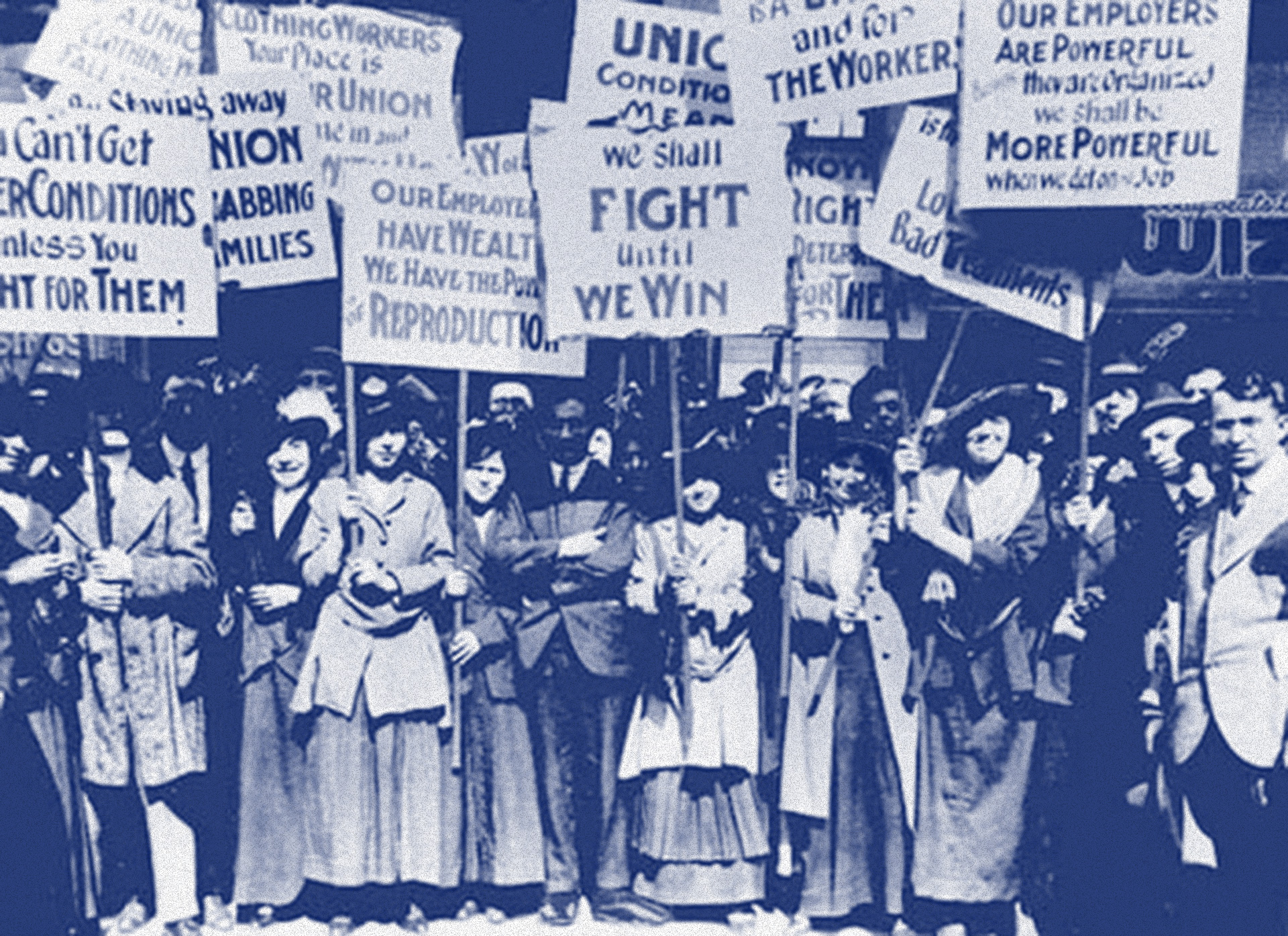Labor Unions
In an attempt to stop sweatshops, labor unions were first established. These unions were to ensure that work areas were not too dirty and that the workers did not just receive peanuts for their wages. Since their beginning, the power of unions has gradually increased and helped to improve the workers' quality of life.
With some strikes and demonstrations, many workers have received lots of rewards - higher salary, better job conditions and shorter working hours. Also, by using their strength in numbers as a key type of strategy, the laborers were able to receive more concessions from the management executives. After quite a few decades of employers keeping a high amount of revenue for themselves, union workers have now started to get a bigger piece of the pie. However, ironically, because union workers have been successful gaining so much from the companies, there is a danger that this could backfire and their jobs could be in jeopardy. For example, some National Hockey League owners in North America make a good amount of profit from the special skill of the players. With the effect of the players' union the salaries of professional hockey players have become so high that some owners could go bankrupt. Also, labor unions' demand for higher wages at companies in Canada or Korea has caused the labor costs to skyrocket. Now the owners look to other countries with lower labor costs, such as China or Indonesia, for production. As a result, owners and corporations do not invest where labor costs are too high and this means that the unions have actually caused many workers to lose their jobs. For consumers, labor unions could mean that the price of products and services will increase as the employers attempt to shift the burden of higher labor costs to the customers. Therefore, people might not have favorable attitudes toward unions because workers often become too extreme and this might negatively influence the nation's economy. sweatshop = factories where employees work long hours for low pay in unhealthy conditions strikes = times when workers stop working to protest job conditions with hopes that the employer will meet the demands concessions = something given from one side to the other in negotiations ironically = surprisingly, unexpectedly backfire = be an opposite effect of the expected result in jeopardy = at risk of being lost go bankrupt = go out of business because unable to pay debts shift the burden = move the responsibility peanuts = small amount strength in numbers = higher amounts of people increases the amount of power piece of the pie = share or part of something, like the revenue or a market skyrocket = rise quickly